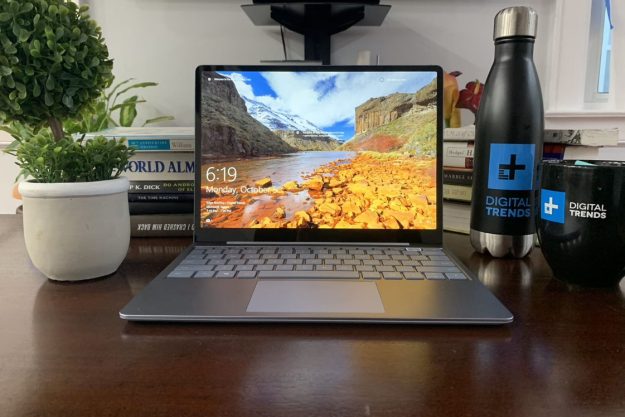
Almost a year on from the introduction of its organizational tool, Timeline, to Windows 10, Microsoft has expanded its usage with an official Chrome extension that brings the Google browser into the fold. Already supportive of Microsoft’s own Edge browser, Chrome’s introduction not only fulfills long-term requests from Windows Insiders but also represents another shift of the software giant toward a more Chromium-inspired Windows experience.
Timeline is a feature designed to help Windows users recall documents and files they were working on or interacting with days or weeks in the past. Browser support with Edge, and now Chrome, makes it possible to recall tabs you were using in the past, helping to organize past work or recall important websites and pages that haven’t been opened in some time. Or just maintain a browsing experience across your devices.
“As we move into planning for future development, we are focusing on yet another Insider request: Add support for more apps in Timeline,” Microsoft said in its Inspired by Insiders blog post, via Windows Central. “Browser support was especially high on our Insider’s wish list — which lead the recent introduction of our Chrome extension. Now, Timeline can now bring together even more activities.”
The extension is called Web Activities and is available now straight from the Chrome Web Store. It adds Chrome support to Windows Timeline, and makes it easier to maintain a browsing experience across multiple devices if you also use the Microsoft Launcher for Android. Early reviews are mostly positive, although the sample size is very small at this time.
As impactful as this will be for all the Windows users browsing with Chrome — it is the best and most popular browser, after all — it’s arguably just as intriguing that Microsoft’s wording of the announcement suggests this won’t be the last app that will receive Timeline support. We could see more browsers added to that list of compatible programs.
If you’re not a big Timeline user, perhaps this is a good time to change that. It’s not a difficult feature to take advantage of, and if you want a helping hand getting started, check out our guide to its best features. Just skip over the part about being an Insider. That’s no longer needed.
Editors' Recommendations
- Windows 11 might nag you about AI requirements soon
- You’re going to hate the latest change to Windows 11
- The most common Windows 11 problems and how to fix them
- Microsoft finds a sneaky way to slip more ads into Windows
- Microsoft announces a new threat to push people to Windows 11




